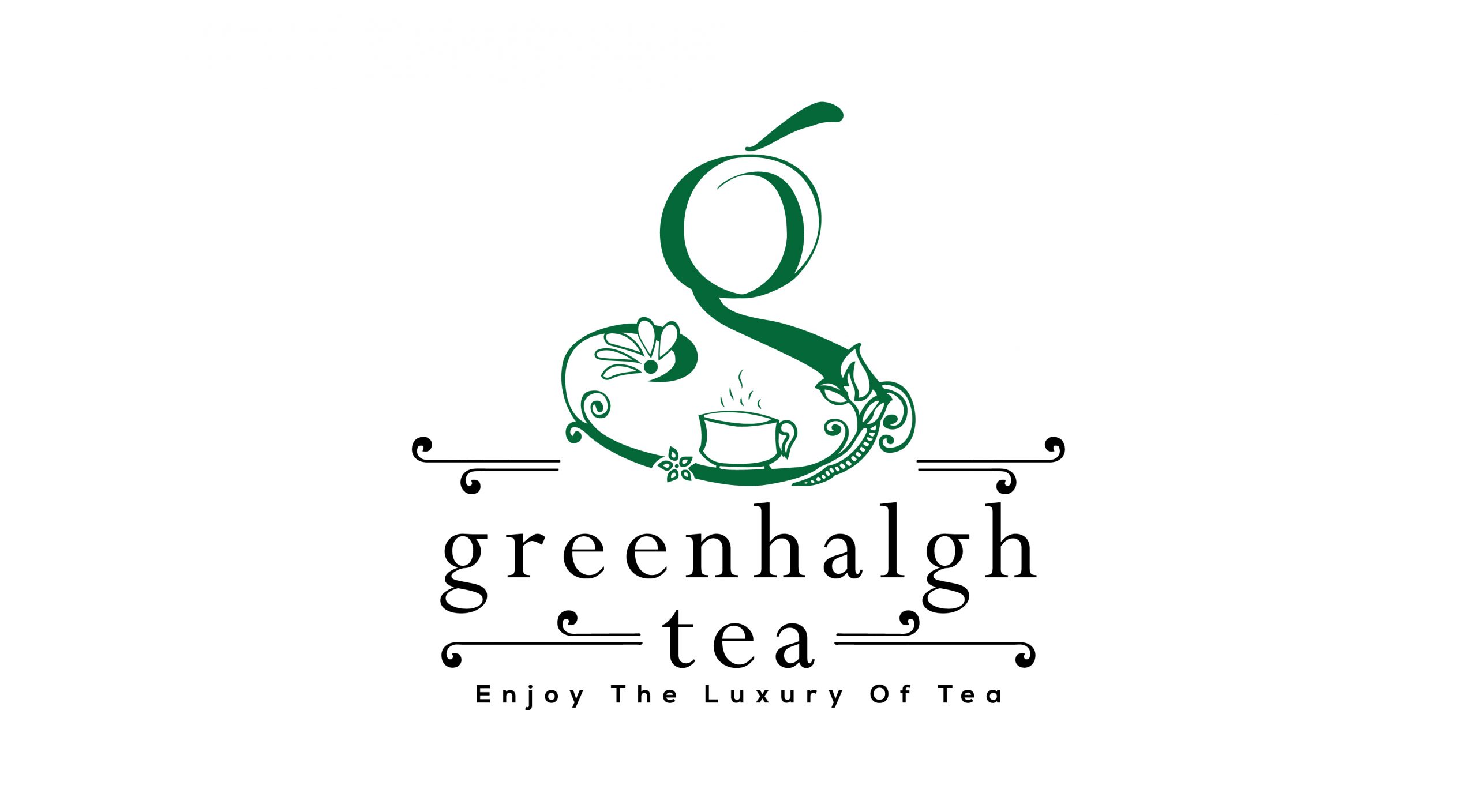The International Tea Sipper’s Society is celebrating January with a Sip for Peace — World Peace, One Cup at a Time event. Each day, for 31 days, a different growing region of the world is highlighted with a cupping video with founder Babette Donaldson; a meditation reading; daily tea contributions from guest bloggers, photos and background information of the country for the tea of the day. Today’s feature is Vietnam. I like the idea that we can come together by sharing a pot of tea and being connected to those who produced the tea, wherever that might be. It reminded me of an incident that happened at my tea room before the holidays.
I had set up a tea tasting one morning, choosing a selection of three different white teas: Silver Yeti, a silver needle from Nepal, a River Mist, a from Darjeeling, and a Pai Mu Tan from China. Several customers stopped by to try the teas and enjoyed discussing and the comparing the flavors. One lady stopped by in the middle of the tastings. She had missed part of the discussion and asked me about the Pai Mu Tan. She really loved it and could she purchase it? “Of course”, I said and I collected the pouch of tea for her, filling her in on what she missed hearing about this tea. She stopped me and said “I’m sorry. I don’t buy anything from China.“
I have thought of this incident many times. Tea is grown all over the world by a community of people that includes all races, ethnicities, languages, religions and customs. For me, sitting comfortably in the US, it’s part of the richness of the tea culture that flavors each cup — apolitical and inclusive. However, I keep in mind all those that contribute to tea production, from owners & workers of the tea estates to whole villages and communities. Wars, weather, poverty, disease and politics are a regular part of their world. I am grateful every time I drink a cup of tea, reflecting on its source and the people who work hard, at times in difficult circumstances, to proudly produce, sustainably and ethically, their tea.
Do you know where your tea comes from? Sourcing teas and tea ware from responsible companies and tea estates is important. When you buy tea from us (and other tea vendors like us), you help in promoting sustainable farming; better trading conditions (direct trade) which increase economic profit for growers; “farmer first” models; education, art programs and libraries for the children of the tea garden workers; and empowerment programs for women.
Being an informed consumer, you can enjoy the affordable luxury of high quality tea and make a difference in peoples lives. “World peace, one cup at a time.”





Leave a Comment